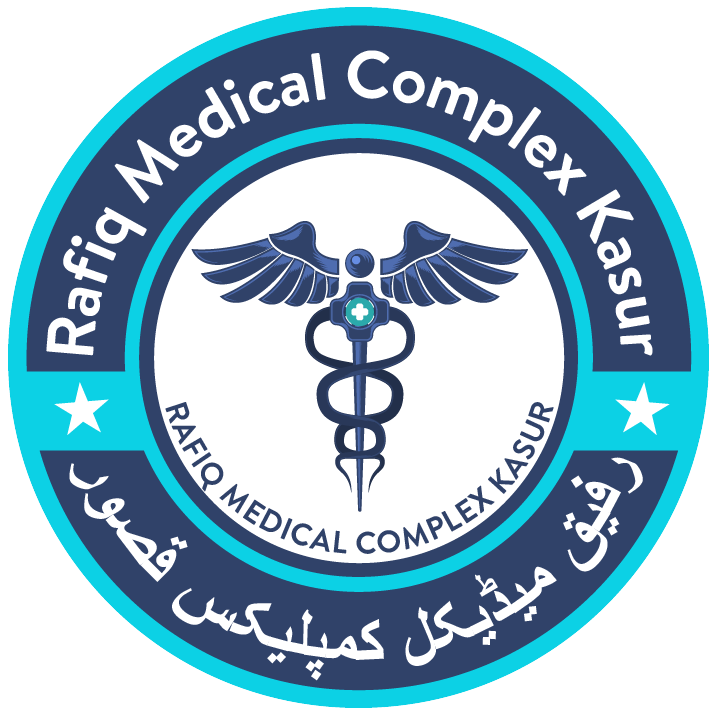
- by admin
- 0
- Posted on
What is the Importance of Senior Primary Care?
As people age, their healthcare needs change, and they require specialized care that addresses their unique needs. Senior primary care is a critical component of healthcare in the United States. As people age, their healthcare needs become more complex, and they require more specialized care. Access Health Care Physicians is home to many senior primary healthcare providers who strive to meet the unique and comprehensive needs of older adults, providing a range of services that are tailored to their specific needs and health concerns. Senior primary care involves providing preventive care, managing chronic conditions, coordinating care, and improving overall health and well-being.
In this blog post, we’ll explore the importance of senior primary care and its benefits.
1. Preventive care:
Preventive care is one of the essential components of senior primary care. Regular check-ups and screenings help identify health issues before they become severe. This helps older adults to maintain their health and prevent illnesses before they occur. Seniors are more prone to developing chronic conditions such as diabetes, hypertension, and heart disease, and early detection can help prevent these conditions from becoming severe. This includes regular health screenings, vaccinations, and lifestyle counseling. Senior primary care providers also educate patients on healthy lifestyle choices, such as a balanced diet, exercise, and stress management.
2. Chronic condition management:
As people age, they are more likely to develop chronic conditions, such as diabetes, heart disease, and arthritis that require ongoing management. Senior primary care providers work closely with patients to develop individualized treatment plans that address their unique health needs. Senior primary care providers are trained to manage these conditions and help patients maintain their health and quality of life. They also coordinate care between multiple healthcare providers to ensure patients receive comprehensive care.
3. Medication management:
Seniors often take multiple medications to manage their health conditions, and it’s not uncommon for them to experience medication-related problems such as adverse reactions, drug interactions, or medication non-adherence. Senior primary care providers help manage medication regimens, ensure patients take the right medication at the right time and identify and address any issues that arise.
4. Coordination of care:
Senior primary care providers act as the central point of contact for all healthcare needs, coordinating care between multiple healthcare providers, including specialists, hospitals, and other care providers. This ensures that patients receive consistent, high-quality care across all healthcare settings.
5. Improved quality of life:
Senior primary care focuses on improving overall health and well-being, which can lead to improved quality of life. Regular check-ups and screenings can help identify health issues before they become severe, and chronic condition management can help reduce symptoms and improve quality of life. Seniors who receive comprehensive, coordinated care are more likely to remain independent and live fulfilling lives.
6. Reduced healthcare costs:
Seniors who receive regular preventive care and have their chronic conditions managed are less likely to require hospitalization or emergency room visits. This can lead to a reduction in healthcare costs, both for the patient and the healthcare system as a whole.
7. Improved patient satisfaction:
Senior primary care providers take the time to listen to their patients’ concerns, address their questions, and provide education on healthy lifestyle choices. Patients receiving this type of personalized care are more satisfied with their healthcare experience and are more likely to remain engaged.
8. Mental Health:
Senior primary care providers also address the mental health needs of older adults, who may be at risk for depression, anxiety, and other mental health conditions. They can provide counseling and support services to help patients manage these issues.
Senior primary care is crucial for providing comprehensive healthcare to older adults. Preventive care, chronic condition management, medication management, coordination of care, improved quality of life, reduced healthcare costs, and improved patient satisfaction are some of the benefits of senior primary care. When it comes to primary care, you’re encouraged to have a go-to general physician of your choosing that knows your case well. With the Access Health Care Physicians’ directory, you can easily find a doctor of your choosing today.

